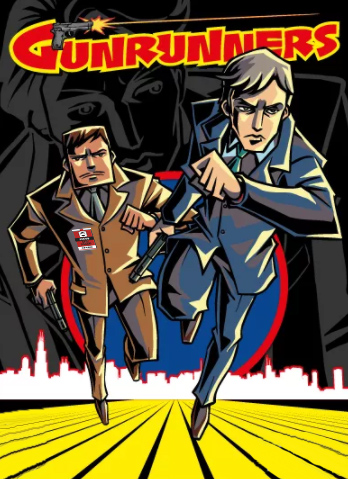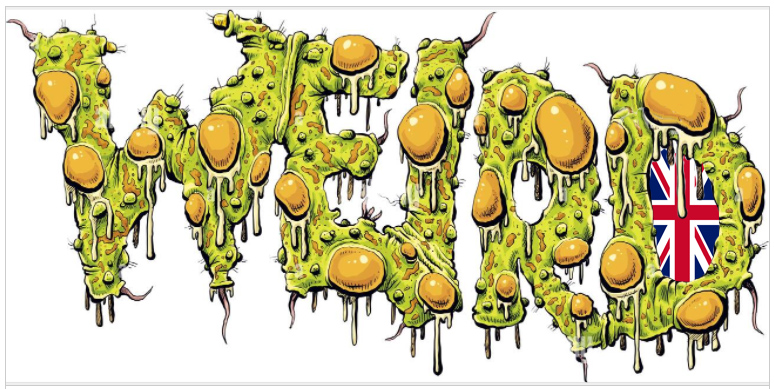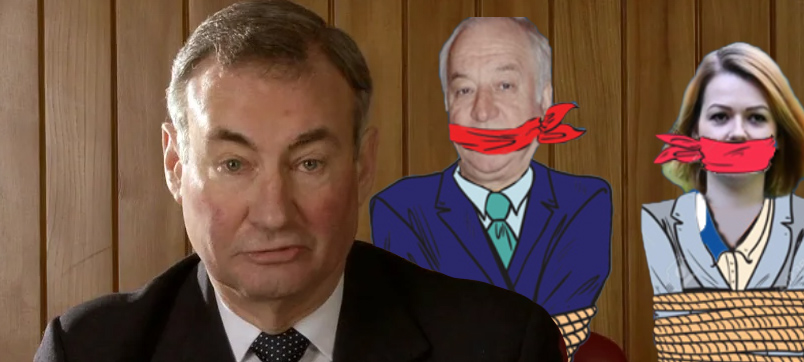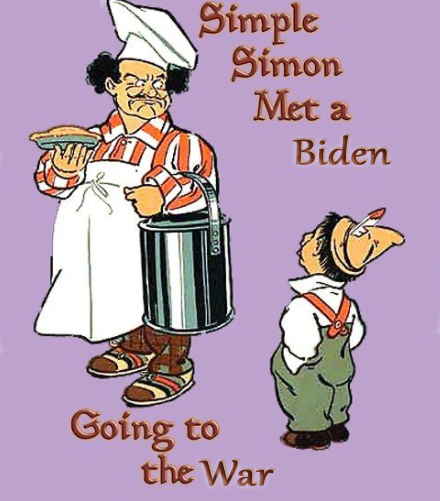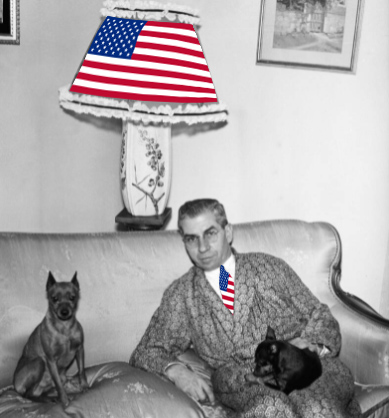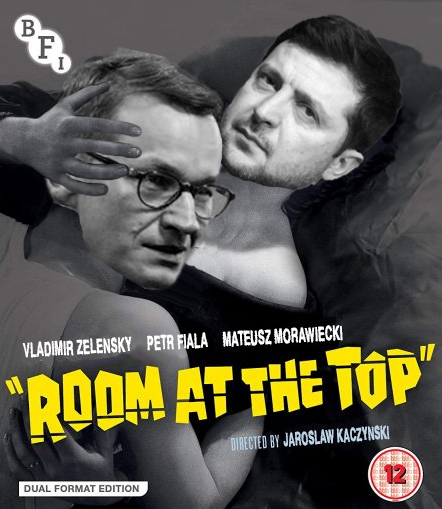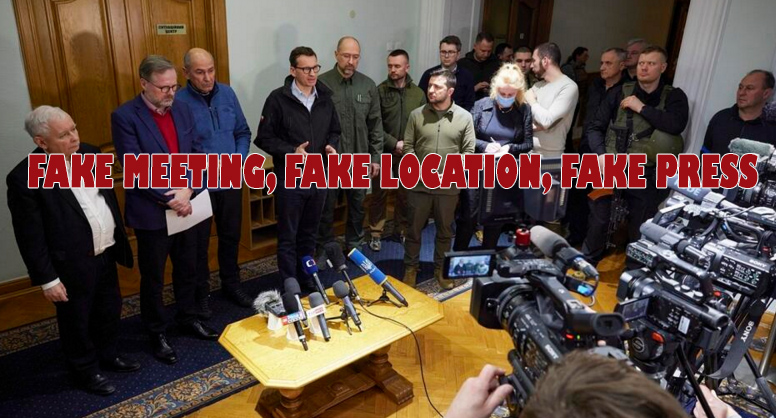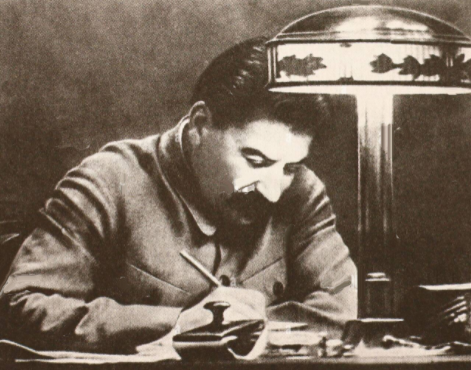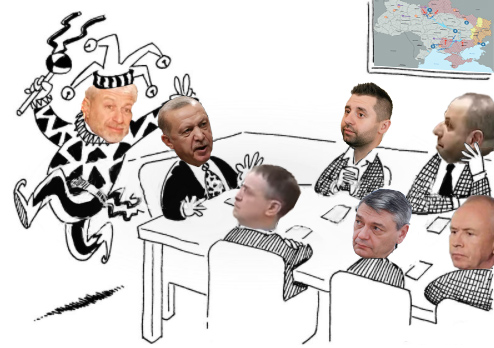

By John Helmer, Moscow
@bears_with
Roman Abramovich (lead image left) is the most indiscreet back-channel, flaunting go-between in the history of secret diplomacy. The Russian oligarch, now a citizen of Israel and Portugal, could not have made himself more visible this week at the Istanbul round of negotiations between Russia and the Ukraine than if he had danced for the cameras in a jester’s costume with ninny stick and bells.
According to the Turkish protocol in the conference room on March 29, the businessman whom a decade ago Boris Berezovsky accused of cheating him out of a fortune, and then out of the judgement of the High Court in London,* was seated as President Vladimir Putin’s personal advisor next to Ibrahim Kalin, President Tayyip Recep Erdogan’s advisor.
That was the Turkish signal that Abramovich outranked the official Russian delegation which included a Kremlin staff assistant, a deputy foreign minister, a deputy defence minister, an ambassador, and a member of the State Duma. Erdogan (lead image, 2nd from left) sent a second signal of Arbamovich’s seniority when he and his foreign minister, Mevlut Cavusoglu, posed talking with him ahead of the other Russian negotiators.
Two days later in Moscow on March 30, in a letter to the Foreign Ministry, Sergei Obukhov, a leader of the Russian Communist Party and State Duma deputy, requested “information about the status [in the Istanbul negotiations] of the famous Russian-speaking oligarch and today’s citizen of Portugal and Israel.”
Reflecting the hostile reaction in Moscow, Obukhov asked if “the Foreign Minister of Russia is planning to involve in participation [in the negotiations with the Ukraine] other Russian-speaking oligarchs, for example MB Khodorkovsky, MM Fridman, PO Aven, and others like Abramovich, who have their own interest in relation to the special military operation for demilitarization and denazification of Ukraine. And does MiD [Foreign Ministry] of Russia have the plan or the intention of involving for participation in the negotiations people who represent patriotic parties and social organisations who introduce the interest of the state-supporting Russian people who are recognised for their firm stance in the protection of the national state interests of historical Russia.”
Ukrainian officials have also attacked Abramovich’s involvement in the negotiations, suggesting he had bribed his way into the talks to save himself from US sanctions. “I don’t know if he’s buying his way out somehow or if he’s really useful, that’s very difficult to tell,” the BBC reported the Ukrainian ambassador to London as saying. The Murdoch press in New York have claimed Abramovich had persuaded Ukrainian president Vladimir Zelensky to lobby in Washington for sanctions relief on his behalf.
(more…)
